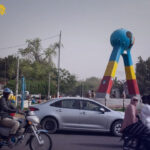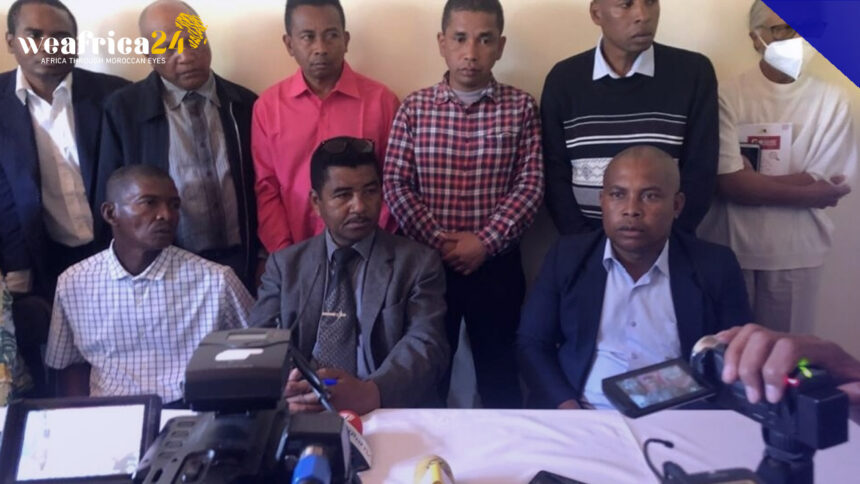The largest mining company in Madagascar finds itself embroiled in a dispute with dozens of families, as revealed in the documentary “Ambatovy’s Opaque Development,” produced by journalists from the investigative network Malina and financed by the organization Publish What You Pay.
Unveiled to the public on Wednesday, April 24th, in the presence of various stakeholders, the film chronicles the deteriorating living conditions over time for communities situated in extraction zones and how they hold the nickel giant accountable for their plight.
Richard Ranalarison expresses his discontent but certainly not resignation. This farmer serves as the spokesperson for 29 families, whom they feel have been “swindled” by Ambatovy. “We had been on these lands for over three generations. We were asked to leave in exchange for other lands. We signed a contract. But Ambatovy officials did not fulfill their responsibilities; they neglected our relocation,” he laments. “The plots are not fertile, resulting in significant losses for us. We want Ambatovy to provide us with more fertile land. It has been eight years since we have derived any benefit from this land. We also demand compensation for these eight years of loss.”
Present during the documentary screening, Ambatovy officials declined interview requests. They maintain that they have offered fair compensation to the affected population.
When questioned, the National Office for the Environment (ONE), responsible for overseeing agreements for support and compensation to mitigate, among other things, impacts on the population, refutes any shortcomings on their part. “It’s not that we are shirking our responsibility. But it’s not the ONE’s role to provide land to people,” asserts Tsilavina Rabefarihy, head of the unit for monitoring environmental sustainability integration. “We are doing our job: we respond by informing the developer of the complaints filed by the communities. It is then up to the developer, in this case, Ambatovy, to seek to resolve the problem.”
This situation once again raises questions about the responsibilities of public authorities regarding development and the defense of the rights of Malagasy citizens.







